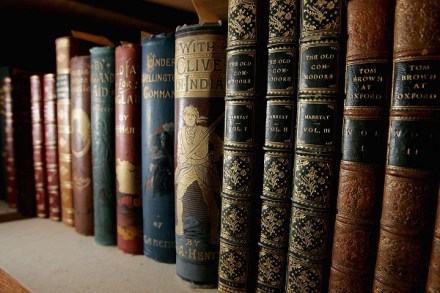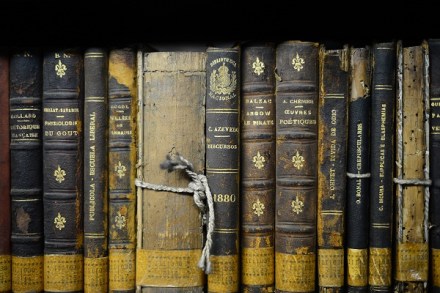A choice of first novels | 28 July 2012
A re-telling of Edith Wharton’s The Age of Innocence, Francesca Segal’s debut The Innocents (Chatto, £14.99) takes the action to contemporary Golders Green. The daily minutiae of Jewish life are documented, from eating challah at Shabbat to the moments preceding a circumcision, alongside more sweeping statements: ‘For a people whose history is one of exodus and eviction,’ says Segal about ritual meals, ‘the luxury of repetition is precious.’ Both the cosiness and insularity of the community are described, particularly as it comes together in moments of celebration: ‘Friday night dinner’ is one of the most evocative phrases in the vocabulary of any Jew — up there in significance with ‘my















